The Limits of Scholarly and Scientific Inquiry
Author
Paul Andrew Otto
Share
Share
Last summer mental_floss posted a story titled “The First Americans Didn’t Arrive by the Bering Land Bridge, Study Says.”
It was an interesting piece that reports on findings published by a group of scientists in Nature. They had retrieved core samples from Charlie Lake and Spring Lake in western Canada–locations that are in the path of the the hypothetical migration of people from Siberia to North America. Their findings suggest that this route was not crossed by human beings until long after the time that other evidence indicates that they were present in North America. In fact, the ecology of the landscape could not have even supported the supposed migration of people across the territory early enough to support the peopling of the Americas as early as other evidence demonstrates human beings lived on the two continents.
Thus another route from Asia to America must have existed–most likely along the Pacific coast. There are other theories about the peopling of America, some arguing early European migration in addition to Asian migration.
But these are scientific theories, and, as such, they don’t tell the whole story. Native people themselves have their own traditions regarding the peopling of Turtle Island, as many indigenous people call North America. According to these traditions, Native Americans have always lived here, as long as they have been in existence.
How do such traditions relate to scientific evidence that would seem to refute such claims? Besides the migration theories long espoused by scholars, evolutionary evidence argues against polygenism. Thus Native American claims about their origins are contraindicated by the scientific evidence.
But the problem, as I see it, is the insistence that a particular line of inquiry and a particular mode of thinking trumps all other modes of thinking. I appreciate the rigorous and meticulous research that goes into inquiries such as the one mental_floss reports. As a historical researcher, I respect in-depth scholarship that advances our knowledge on questions such as these. At the same time, I appreciate and respect the practice of people to give meaning to their lives through the stories they tell.
As important as scientific knowledge is, the findings of scholars and researchers can’t take the place of what people believe about themselves and their place in the world. I’m reminded that the single-minded pursuit of narrow disciplinary questions does not–in-and-of-itself–address the bigger questions of life. Whether it’s historical inquiry, archaeological findings, or climate research, the disciplinary work of scholars does not, and should not, tell us how to live or what to believe.
Traditionally, people living in community have decided for themselves how to understand the world and how to live in it. Scientific and academic findings can inform that–and I support and encourage free and open scholarly inquiry for this reason. But it is not the place of scholars to make claims, as scholars, beyond the disciplinary boundaries of their research. Nor should the public succumb to the tendency to credit science with being able to answer all the most pressing questions of life or to dictate to particular communities what they should believe because of those findings.
